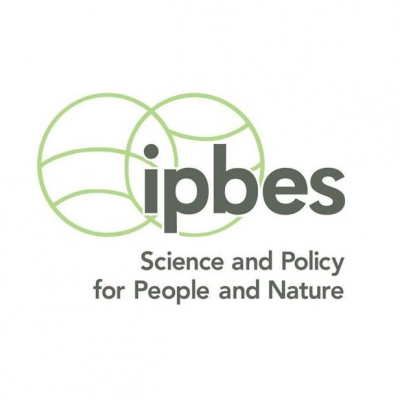


The first objective of the rolling work programme of the Intergovernmental Science-Policy Platform on Biodiversity and Ecosystem Services (IPBES) up to 2030 includes a thematic assessment of the underlying causes of biodiversity loss and the determinants of transformative change and options for achieving the 2050 Vision for Biodiversity.
“This assessment is aimed at understanding and identifying factors in human society at both the individual and collective levels, including behavioral, social, cultural, economic, institutional, technical and technological dimensions, that can be leveraged to bring about transformative change for the conservation, restoration and wise use of biodiversity, while taking into account broader social and economic goals in the context of sustainable development” explains IPBES’ Executive Secretary Dr Anne Larigauderie. The assessment, she adds, explores the drivers of and motives behind broad societal changes and transitions to inform the design of relevant policies, communication and engagement campaigns and other actions.
The Multidisciplinary Expert Panel (MEP) now invites Governments and other stakeholders to nominate relevant experts to assist with the scoping of this assessment. Nominated experts should have expertise in one or more disciplines within natural science, social science or humanities, or in indigenous and local knowledge systems, or be policy experts and practitioners.
The application deadline for nominees is 15 October 2019, and all nominated experts need to be available to attend the scoping meeting that is part of the scoping process, tentatively scheduled as follows: 21-24 April 2020.
More information on the application process can be found here.